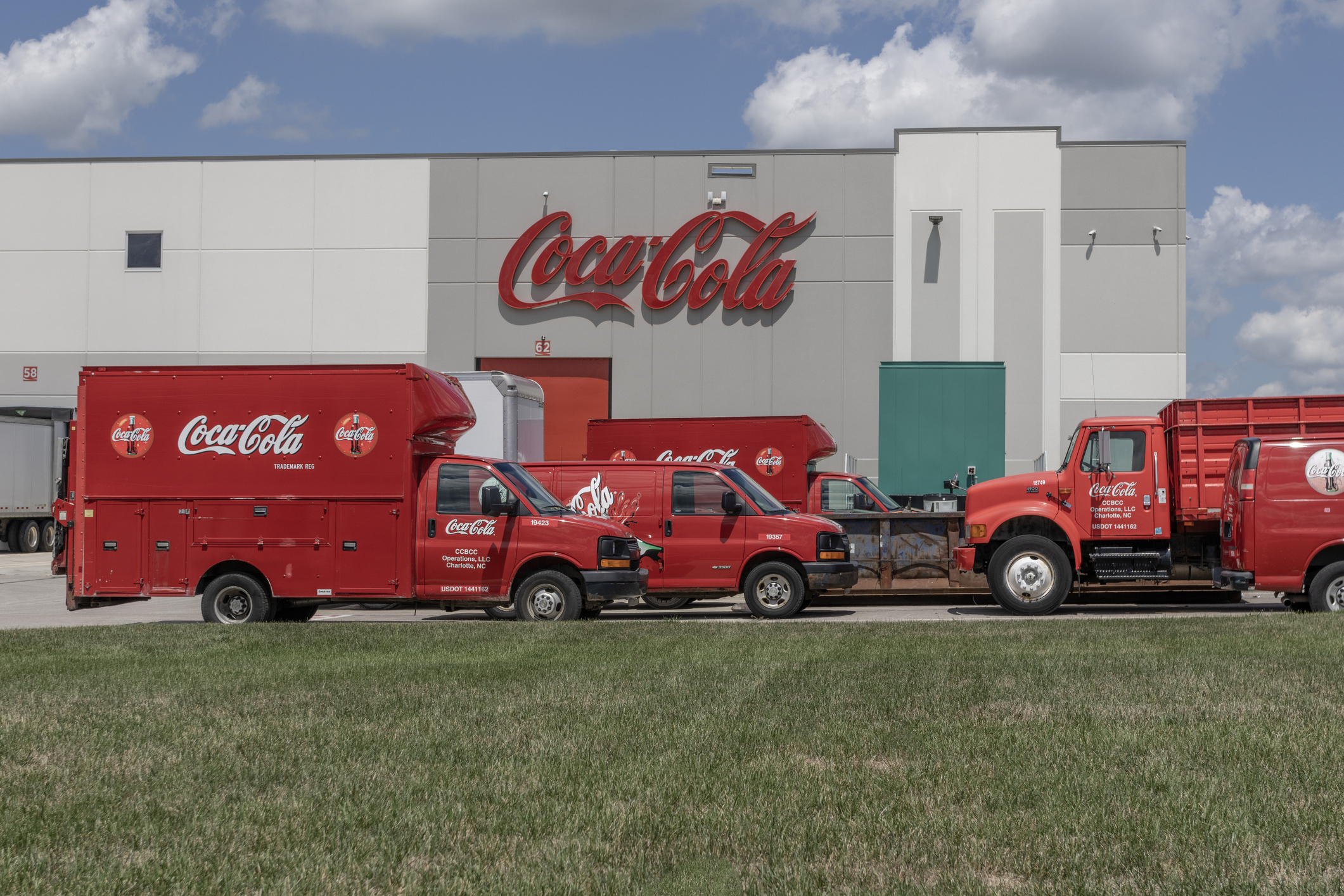Closure Looms for Dunedin Coca-Cola Plant After Years-Long Delay

In a long-anticipated move, Coca-Cola has confirmed the imminent closure of its Dunedin plant, a decision initially announced in 2020 but significantly delayed. The closure, originally slated for late 2021, will now take effect in May 2023, resulting in the laying off of 198 employees.
Brian Nicholson, a maintenance planner at the Dunedin plant, found himself caught in the limbo of uncertainty when Coca-Cola first unveiled its plans for closure in 2020. Nicholson, who was nearing retirement age at the time, opted to stay on, anticipating a severance package as the plant was initially set to shut down at the end of 2021.
However, the expected timeline proved elusive. Colleagues left the plant, seeking opportunities in other states, and Nicholson observed a steady influx of new hires as 2021 came and went. When he retired in late 2022, he estimated that approximately half of the staff had been recruited in the previous six months.
The official confirmation of the plant’s closure was received last week, marking the end of an era for the facility that has been a producer of juice and jobs in Dunedin since the 1940s. The plant holds historical significance, reflecting the city’s past as a citrus powerhouse.
Coca-Cola plans to initiate layoffs on April 5, with the plant ceasing operations on May 31. A federally mandated notice posted on February 6 outlined the timeline, noting that some employees might stay on into the summer to assist with the facility’s closure.
While the closure’s timeline has shifted, Coca-Cola maintains its plan to relocate operations to a third-party co-packer-operated plant in Bartow, known as Peace River Citrus. The transition is expected to be completed by July, with employees encouraged to apply for positions within the Coca-Cola system or at other third-party co-packer locations.
Despite the confirmation of the plant’s closure, questions linger about the years-long delay. Coca-Cola did not provide specific details on the reasons behind the extended timeline, but Nicholson suggested the company may have underestimated the complexity of transferring or duplicating processing equipment from the Dunedin plant to the Bartow facility.
The Dunedin plant, with its roots dating back to 1945, stands as a testament to the city’s citrus heritage, reflecting the ingenuity of B.C. Skinner, who pioneered orange juice concentrate production in the 1930s. The impending closure marks the end of an era for both Coca-Cola and Dunedin, signaling a shift in the historical landscape of the plant and its impact on the local community.
